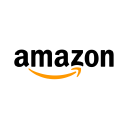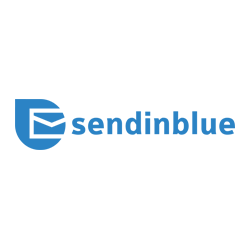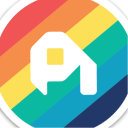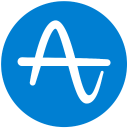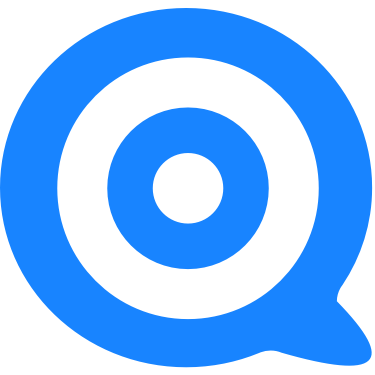How We Built A $3.5M ARR LinkedIn Tool That Will Be Acquired For $10M-$15M
Hello! Who are you and what business did you start?
Hello! My name is Thibault Louis-Lucas, and I am the Founder of Taplio and Tweet Hunter. With these startups, I strive to help creators grow their brands in the digital world.
Our flagship products, Tweet Hunter and Taplio, cater to Twitter and LinkedIn users, respectively, and focus on providing tools that empower content creators and individuals to improve their social media presence, enhance their content, and reach a larger audience. In the end, they help creators grow their businesses.
Our customers are creators, freelancers, and startup founders who understand the incredible trust boost you get from posting on social media. In 2 years, we went from 0 to $3.5m in ARR, a growth we didn’t anticipate.
It wasn’t an easy decision, but a few months ago, we announced the acquisition of Pony Express Studio by Lempire, which could range from $10m to $15m, depending on the growth in the next year.



